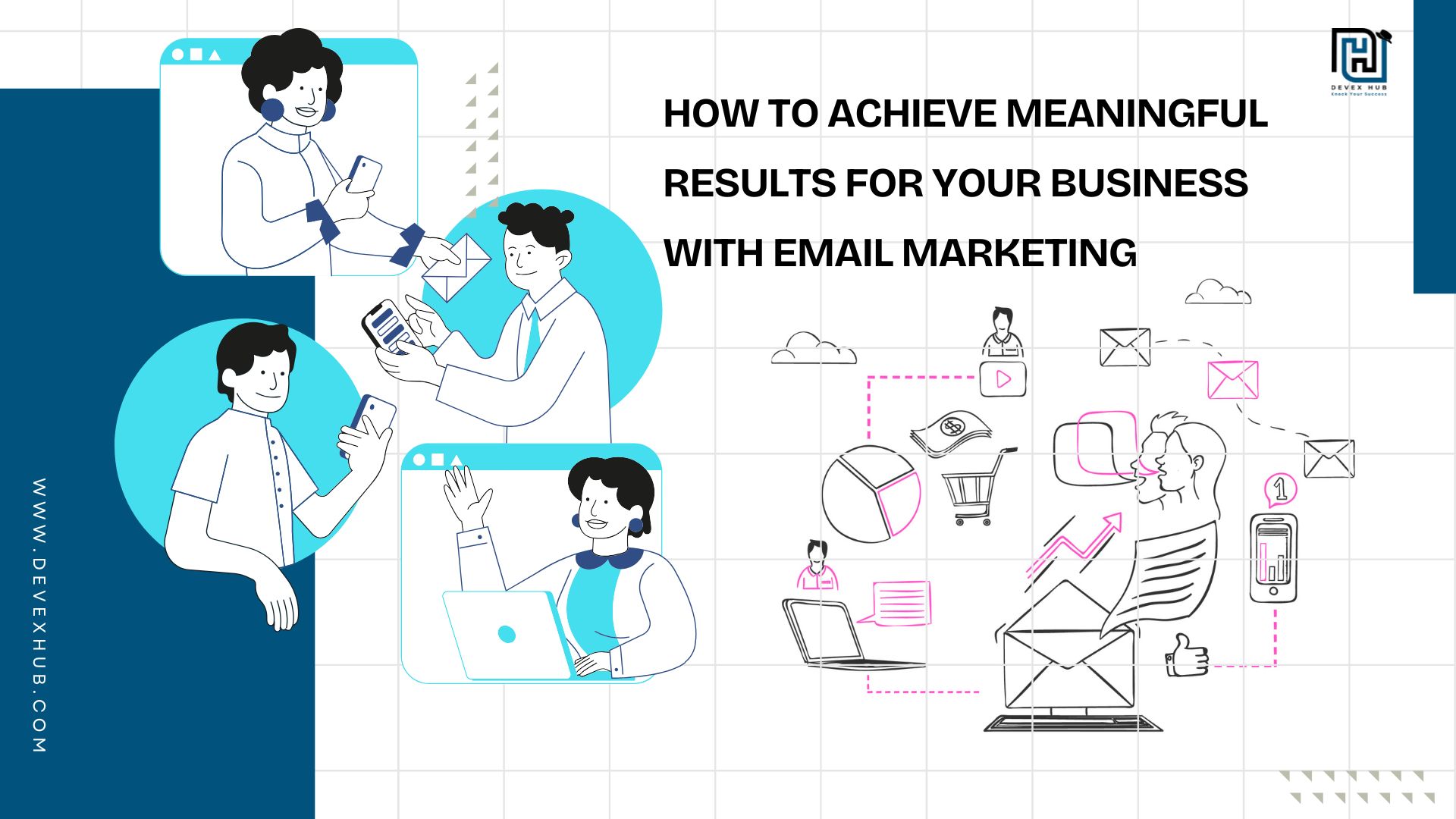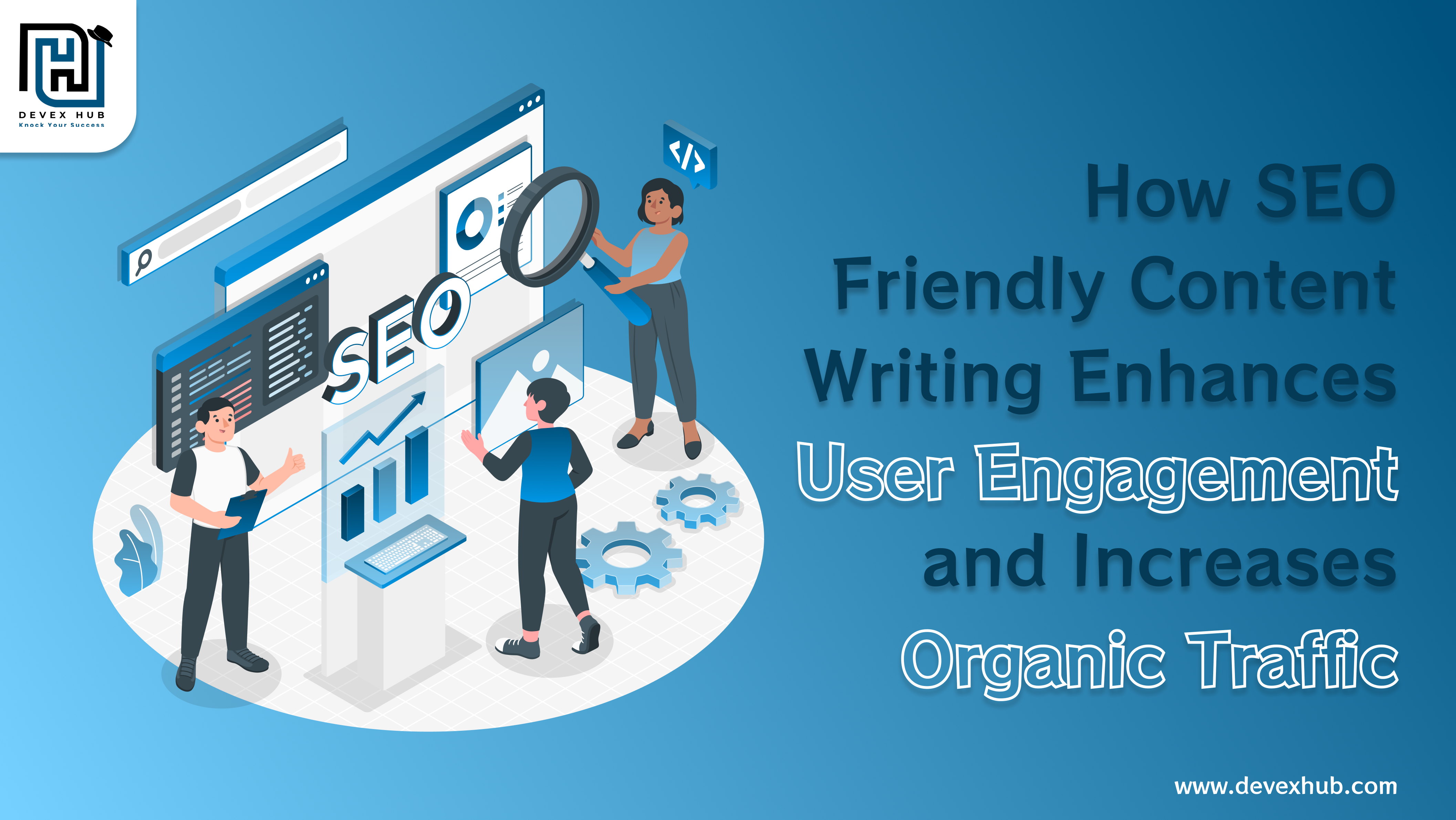Discover the Core Goals of Email Marketing | Turning Engagement into Growth

Email marketing has been one of the most powerful ways to connect with an audience—and guess what? It still is! Even with social media and messaging apps taking over, email remains the most direct and reliable way to reach people. But what makes it so effective? It all comes down to understanding its primary goal and how businesses can use it for long-term success.
At its core, email marketing is about building strong relationships that drive conversions and customer loyalty. It’s not just about blasting out promotions—it’s about delivering personalized and meaningful content that keeps your audience engaged, encourages repeat business, and boosts sales.
In this article, we’ll dive into the real purpose of email marketing, the key objectives that support it, and actionable strategies to help you make your email campaigns a success. Let’s get started!
Understanding the Primary Goal of Email Marketing
The primary goal of email marketing is simple—building and nurturing strong relationships with your audience through personalized, relevant, and timely communication. Unlike social media, where your reach depends on algorithms, emails go directly to people who have already shown interest in your business. This makes it a powerful tool for engaging, converting, and retaining customers.
Personalization is at the heart of effective email marketing. Sending emails that match your audience’s interests and needs increases engagement and moves them from just being aware of your brand to actively considering and choosing your products or services. It’s about providing real value, not just pushing promotions.
In today’s world, where people are overwhelmed with ads and content, email marketing remains one of the most personal and direct ways to connect. Plus, it’s easy to track—open rates, clicks, and conversions all provide insights that help you improve your approach. Done right, email marketing creates a loyal customer base that keeps coming back.
Key Benefits for Email Marketing Success
While the primary goal is to build relationships, email marketing can serve multiple secondary objectives that support this overarching goal.
Generating Traffic
An effective email marketing strategy can help generate traffic to your desired pages—whether it's a landing page, blog post, or product page on your website. However, it's important to have a clear purpose for your email campaigns. Without a proper goal, you might attract visitors who aren't your target audience. In that case, you may get traffic, but from the wrong people, making conversions nearly impossible. That's why it's crucial to generate traffic that is genuine and comes from potential customers.
Increase Brand Awareness
Social media isn’t the only way to increase brand awareness. While it can help you reach people, staying in your target audience’s mind is still a challenge. With email marketing, you can send regular emails to your audience, subtly keeping your brand, products, and services fresh in their minds. This makes it easier to increase brand awareness and stay memorable without relying solely on social media.
Engagement Emails
Sending a generic email template to your target audience won’t work—it’ll likely end up in the trash. Engagement emails are key to making sure your readers actually open, read, and connect with your message. These emails help you communicate smoothly and ensure your audience understands what you're trying to say. If you want to build a real connection with your audience, engagement emails play a huge role.
Driving Conversions and Revenue
A well-planned email marketing strategy can directly boost conversions and revenue. Whether you're selling products, generating leads, or promoting sign-ups for events like webinars, emails play a crucial role in guiding your audience toward action.
Clear and compelling calls-to-action (CTAs) help direct subscribers toward making purchases or taking meaningful steps. Personalized offers, discounts, and exclusive deals can further increase engagement and drive more conversions.
Leads Nurturing
Leads nurturing is a key goal of email marketing. Not every subscriber will convert right away, and that’s completely normal. Leads nurturing through email marketing keeps your audience engaged and moves them through the buying journey at their own pace. With automated drip campaigns or personalized follow-ups, businesses can provide valuable content that keeps leads interested until they’re ready to make a purchase. This approach helps build trust and ensures that when the time comes, your brand is their first choice.
Email Marketing Metrics that Reflect Its Goal
To evaluate the success of your email marketing campaigns, you need to measure specific metrics that reflect how well your emails are achieving the primary goal. These KPIs provide valuable insights that help refine your strategies.
[1]. Email Open Rate: The open rate tells you how many recipients are actually opening your emails. While it isn’t a definitive indicator of success, a higher open rate suggests that your subject lines are compelling and that your emails are reaching the right audience.
[2]. Click-Through Rate (CTR): CTR measures the number of people who clicked on a link or CTA within your email. This is a key metric for understanding how engaged your audience is with the content you’re sending. A high CTR indicates that your emails resonate with the recipient and are prompting action.
[3]. Conversion Rate: Conversion rate is perhaps the most important metric, as it shows how many subscribers took the desired action, whether it’s making a purchase, signing up for a webinar, or downloading a resource. This metric directly correlates with revenue and business growth.
[4]. Customer Lifetime Value (CLV): CLV measures the overall revenue a customer is expected to bring in throughout their entire relationship with your brand. By sending consistent, value-driven emails, you can increase your customer’s lifetime value and strengthen their loyalty to your brand.
Strategies to Achieve the Target Goals And Objectives
There are several strategies you can use to achieve the primary goal of email marketing. Let’s take a look at some of the helpful strategies:
[1]. Segmentation for Personalization: Segmentation is one of the most powerful tools in email marketing. By dividing your email list into smaller, targeted segments based on customer data such as demographics, behaviors, and past interactions, you can send more relevant emails. Personalized emails result in higher engagement rates and better conversion rates.
[2]. Compelling Content Creation: The content you send via email should always provide value. Whether it’s offering a solution to a problem, delivering exclusive content, or simply keeping subscribers informed, content is king. Create engaging, actionable content that speaks directly to your audience's pain points and interests. You can also integrate your content marketing with email marketing by reaching out to your target audience and including valuable links to your latest blog posts. This approach not only helps your audience but also keeps them engaged. Be sure to use strong interactive storytelling strategies to ensure your content captivates readers and keeps them interested.
[3]. Automation: Email automation allows you to send timely, relevant messages based on customer behavior. Automated campaigns, such as welcome emails, thank you emails, and birthday promotions, help you stay in touch with customers without having to send each email manually.
[4]. Timing: Timing also matters. Sending emails at the right time—based on user behavior or a specific lifecycle stage—can significantly improve your open and conversion rates.
[5]. A/B Testing for Optimization: Email marketing is an iterative process. A/B testing allows you to test different subject lines, content formats, CTAs, and sending times to find out what works best for your audience. Continuous testing and optimization are essential for improving performance and achieving your goals.
Advanced Practices in Email Marketing
For those looking to take their email marketing to the next level, here are a few advanced practices:
[1]. Behavior-Triggered Emails: Behavior-triggered emails are sent in response to a specific action or inaction by the user. For example, if a user abandons their shopping cart, you can send a follow-up email with a discount or reminder to encourage them to complete the purchase.
[2]. Dynamic Content: Dynamic content allows you to personalize the email experience even further by altering the content of an email based on user data. For instance, you could display different product recommendations based on previous purchases or browsing history.
[3]. AI and Predictive Analytics: Using artificial intelligence (AI) and predictive analytics, marketers can forecast customer behavior and deliver highly tailored, proactive content. By leveraging machine learning algorithms, businesses can predict when a customer is most likely to purchase and send them personalized offers accordingly.
How Devex Hub Strategy Aligns with Your Target Goals & Objectives
Devex Hub - the best online marketing company in India, specializes in creating personalized email marketing strategies that help businesses achieve their goals. With a portfolio of over 1200+ successful projects worldwide, we have the expertise to optimize your email marketing campaigns and help you build stronger relationships with your audience.
Whether you need help with list segmentation, content creation, automation, or A/B testing, our team of experienced email marketers can help you drive meaningful engagement and conversions.
Ready to transform your email marketing? Connect with the Devex Hub team today to start building stronger customer relationships and achieving measurable results.
Conclusion
The primary goal of email marketing is to build and nurture meaningful customer relationships that drive conversions and loyalty. By focusing on delivering relevant, personalized content, businesses can create long-lasting connections with their audience, leading to improved engagement and sustained growth. Through effective segmentation, automation, and optimization, email marketing can help you achieve these objectives and deliver a measurable return on investment.
With the right strategies and tools, your email marketing campaigns can be the key to business success. If you're ready to enhance your email marketing efforts, consider partnering with a professional team like Devex Hub to take your campaigns to the next level.

.png)
.png)
 (1).png)

.png)
Comments
Post a Comment